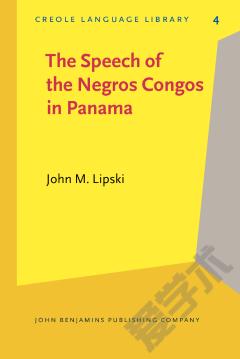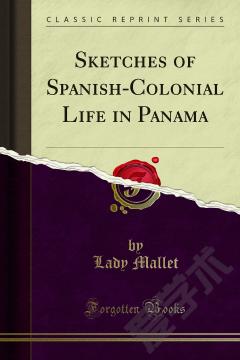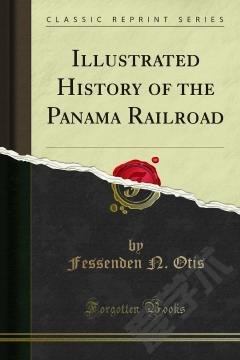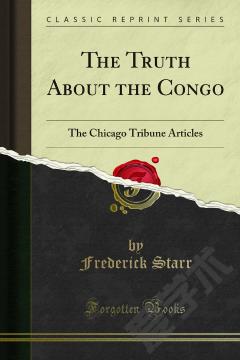The Speech of the Negros Congos in Panama.
The negros congos of Panama's Caribbean coast are a unique cultural manifestation of Afro-Hispanic contact. During Carnival season each year, this group reenacts dramatic events which affected black slaves in colonial Panama, performs dances and pantomimes, and enforces a set of ritual laws' and punishments'. A key component of congo games is a special dialect, the hablar en congos, which is employed by a subset of the congos in each settlement. The present study investigates the congo dialect from a linguistic point of view along two dimensions. The first involves deliberate phonetic, syntactic, and semantic distortion as part of the overall spirit of of burlesque and ridicule that surrounds Panamanian Carnival. The second is the retention of earlier, partially creolized Afro-Hispanic language forms which may still be extracted from contemporary congo speech. These Afro-Hispanic vestiges are of key importance to monogenetic theories of Afro-Romance creolization as Panamanian congo speech provides examples of unique creolized Spanish.
{{comment.content}}








 京公网安备 11010802027623号
京公网安备 11010802027623号